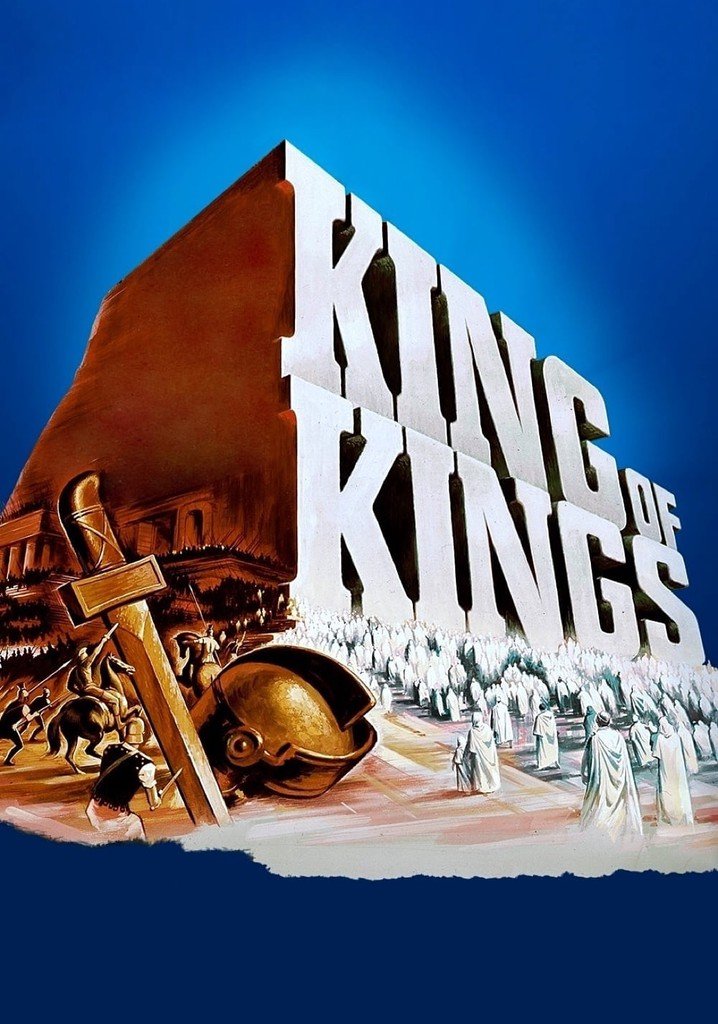Names of God
“And he ordered us to preach everywhere and to testify that Jesus is the one appointed by God to be the judge of all—the living and the dead.” (Acts 20:42 NLT)
God has many names and titles in the Bible. Each one tells us something important about Him—His character and how He relates to us. And how we must relate to Him. Here is another one of His many Names, which is Judge.
Judge
· Greek: to judge: Κριτὴς (Kritēs) -Strong’s Concordance 2923: A judge, magistrate, ruler.
· Webster’s Dictionary: judge: [noun] one who makes judgments: such as. a public official authorized to decide questions brought before a court. one appointed to decide in a contest or competition : umpire. one who gives an authoritative opinion. critic. a tribal hero exercising leadership among the Hebrews after the death of Joshua.
· Synonyms- evaluate, pass judgment, estimate, gauge, approximate, guess, pronounce, label, adjudicate, try, adjudge, calculate, cerebrate, cipher, cogitate, compute, cypher, decide, declare, determine, figure, hold, make up one's mind, reckon, resolve, settle, think, work out.
Jesus is the Judge
“Furthermore, the Father judges no one, but has assigned all judgment to the Son,” (John 5:22)
“And He has given Him authority to execute judgment, because He is the Son of Man.” (John 5:27)
It is true that Jesus came into the world to save those who put their trust in Him (John 3:16), but His coming also brought judgment (John 9:39). Through His death and resurrection, Jesus brought judgment to Satan (John 12:31–33). Furthermore, unbelievers will ultimately be judged by the Lord Jesus.
Jesus will act as judge over believers
At the Judgment Seat of Christ, He will judge believers’ works after salvation to determine reward or loss of reward (1 Cor 4:5; 2 Cor. 5:10). This judgment has nothing to do with salvation, as believers’ eternal destiny is secure in Jesus (Eph. 1:13–14). Rather, believers will receive rewards according to how faithfully they served Christ (Luke 19:12–27; 1 Cor. 3:12–15).
Jesus will act as judge over unbelievers
Unbelievers will be judged by Christ at the Great White Throne Judgment (Rev. 20:11–15). Again, this judgment has nothing to do with their eternal destiny—at that point, unbelievers have already sealed their fate by rejecting Jesus.The Great White Throne Judgment determines the severity of unbelievers’ punishment based on what they did in life (Rev. 20:12). Notably, all of the people at this judgment are thrown into the lake of fire because their names were not found in the book of life, which means they rejected Christ’s free gift of salvation (Rev. 20:15).
Sheep and Goat Judgment
Another judgment that Jesus will preside over is referred to as the
Sheep and Goat Judgement or the Judgment of the Nations (Matt. 25:31–46). Some interpreters equate this judgment with the Great White Throne Judgment, but there are many notable differences, a major one being that the judgment is based on how people treated Jesus’ “brothers,” that is, the people of Israel (Matt. 25:40). Considering its placement after Jesus’ second coming, the Sheep and Goat Judgment will most likely determine the earthly fate of those who are alive at the time of Christ’s return (Matt. 25:1–30). During this judgment, Jesus will separate the “sheep” from the “goats.” The sheep are believers who gave evidence to their faith by helping the Jewish people during the tribulation; the goats are unbelievers who portrayed their unbelief by failing to help Jews during the tribulation (Matt. 25:33–36, 41–43). Those who rejected Christ and took the side of the beast during the tribulation “will go away to eternal punishment, but the righteous to eternal life” (Matt. 25:46).
Therefore
“For He has set a day when He will judge the world with justice by the Man He has appointed. He has given proof of this to everyone by raising Him from the dead." (Acts 17:31)









